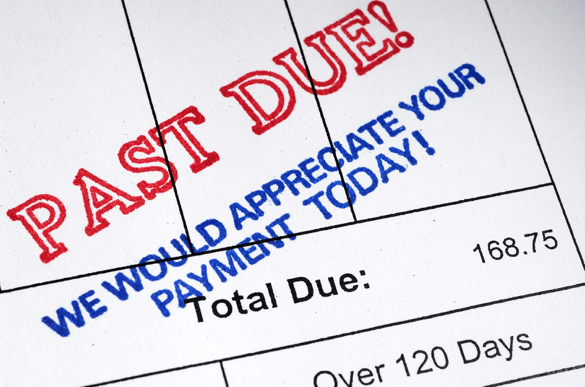
We all know the story. You’ve fulfilled your end of the bargain and rendered a service according to the terms and are now waiting to be paid. The agreed-upon day comes but you aren’t remunerated. The client asks for an extension citing cashflow issues and you begrudgingly grant one. Unfortunately, the days turn into weeks and the weeks into months. The customer is now out of reach and you are left holding the bag.
Before considering professional commercial debt collections services you wonder how you could have protected yourself from such a client. Here are eight steps to consider.
#1 Background Checks
Screening your customers in advance is always a good idea. The internet is a wealth of information and you’ll be surprised by how informative a quick query on a search engine can be.
Sweep your client’s website, research their references, observe their presence on social media, and avoid doing business if you notice legitimate warning signs.
#2 Use a Contract
It’s always advisable to use a contract. The terms should be clear, concise, detailed, and identify the obligations of both parties. A good contract will also specify circumstances where the relationship can be terminated prematurely and will also designate a method to clear disputes.
If your client prefers not to use a contract, then you may risk doing business with them if they boast a good reputation.
#3 Document Everything
Try to automatically document all correspondence by communicating with them via email as much as possible. Likewise, document progress of your work and any notes from your client. This way you’ll have evidence of services rendered should a dispute arise.
#4 Maintain Professionalism
Sometimes your customer may not pay on time for genuine reasons. For instance, there could be a banking delay due to the holidays or they may be suffering from a temporary negative cash flow position. Especially if it’s an old client, it’s best to avoid communicating in a manner that could dent the relationship. While the chances of recovery are usually higher when action is taken faster, it’s also prudent to exercise good judgment.
#5 Work in Installments
Many providers agree to render services in phases to clients. Should a payment not be received at a predetermined stage, simply stop or slow down all work until your bills have been settled.
#6 Invoice on Time

Procrastination is not your friend. Send an invoice immediately after work is complete. Don’t hesitate to follow up within a reasonable timeframe with a reminder if the invoice isn’t addressed. If both of these methods fail, then try sending a certified letter. This will give you proof that you have informed them of the overdue payment and could aid you should the matter reach the courts.
#7 Write It off or Take Further Action
After all polite attempts to get paid have failed, you have two roads before you. The first is to seek professional help and the other is to write it off as a loss. If your time is precious, the first can be a demanding process, especially if the sum is paltry.
In that case, you may consider writing it off as a loss. Otherwise, you may take the matter to an arbitrator, a court, or a professional debt collecting firm.


